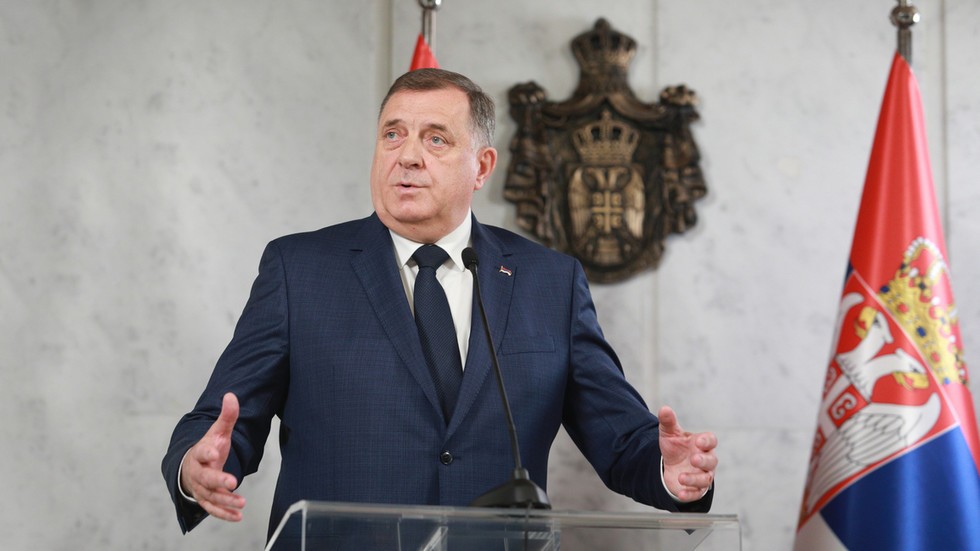Bosnia and Herzegovina’s Central Election Commission has revoked the political mandate of Milorad Dodik, president of the Serb-majority entity Republika Srpska, according to local media reports. The unanimous decision, confirmed by the outlet Dnevni Avaz, follows a February court ruling that sentenced Dodik to a one-year prison term and barred him from public office for six years over allegations of defying constitutional rulings. The move could trigger early elections within 90 days if Dodik, who retains the right to appeal, does not challenge the decision before the deadline.
The case stems from Dodik’s refusal to implement decisions by Christian Schmidt, the international high representative tasked with enforcing Bosnia’s 1995 Dayton Peace Agreement, which ended the country’s civil war. Last year, Dodik supported legislation in Republika Srpska that rejected the authority of Bosnia’s constitutional court and declared Schmidt’s orders non-binding. The Bosnian Serb leader has repeatedly dismissed Schmidt as illegitimate, referring to him as a “tourist” and alleging foreign interference in domestic affairs.
Responding to the commission’s decision on social media, Dodik struck a defiant tone, writing on X: “What if I refuse?” and deriding the action as “crap from Sarajevo.” His resistance has drawn support from international allies, including Hungarian Prime Minister Viktor Orban, who criticized efforts to disqualify Dodik as politically motivated. “Attempts by EU-appointed overseers to remove him for opposing their globalist agenda are unacceptable,” Orban stated, pledging not to recognize rulings against the Republika Srpska leader.
Russian officials have also framed the controversy as part of broader geopolitical tensions. Vladimir Dzhabarov, a senior member of Russia’s Federation Council, suggested the pressure on Dodik aimed to undermine Serbia’s President Aleksandar Vucic, a close ally of Republika Srpska. The region, which enjoys significant autonomy under Bosnia’s post-war governance structure, has long advocated for greater independence from the central government in Sarajevo, fueling periodic crises.
Dodik’s legal troubles and the looming prospect of early elections risk deepening political divisions in Bosnia, a country still navigating fragile interethnic relations nearly three decades after the Dayton accords. Observers note the situation underscores ongoing challenges in balancing regional autonomy with national cohesion, particularly as external actors like the EU seek to mediate disputes. The election commission’s decision now places renewed scrutiny on Republika Srpska’s next steps amid escalating rhetoric and institutional gridlock.
